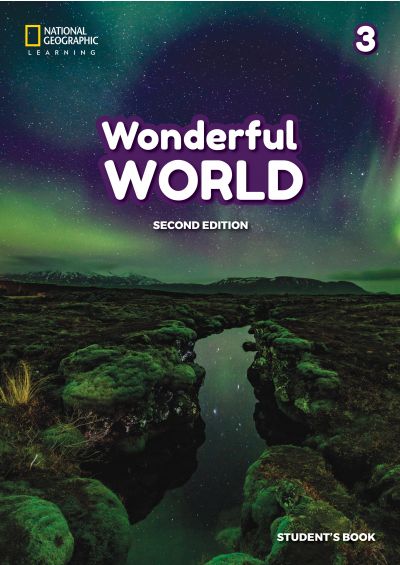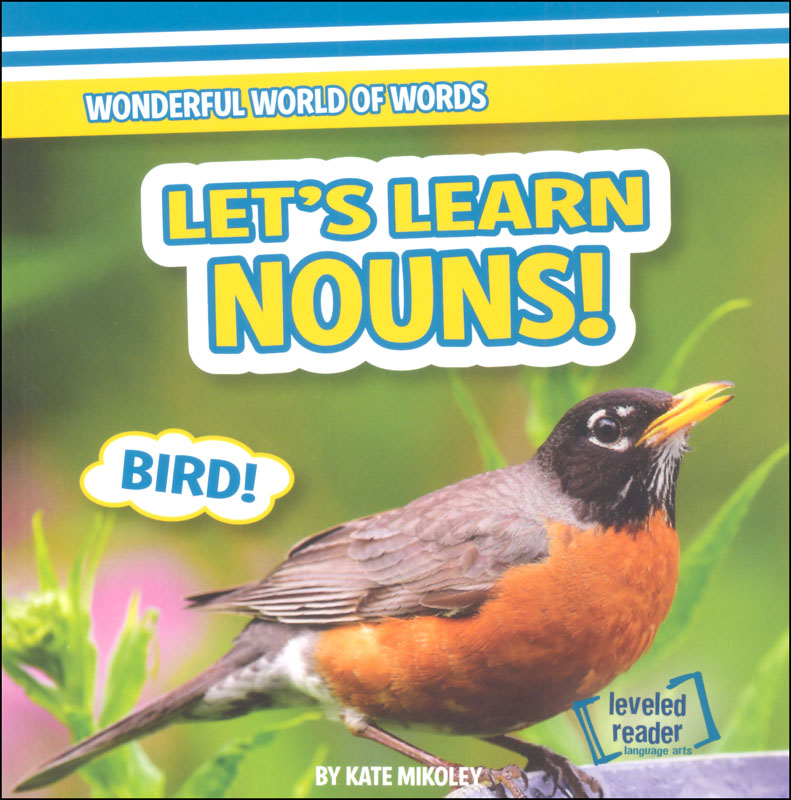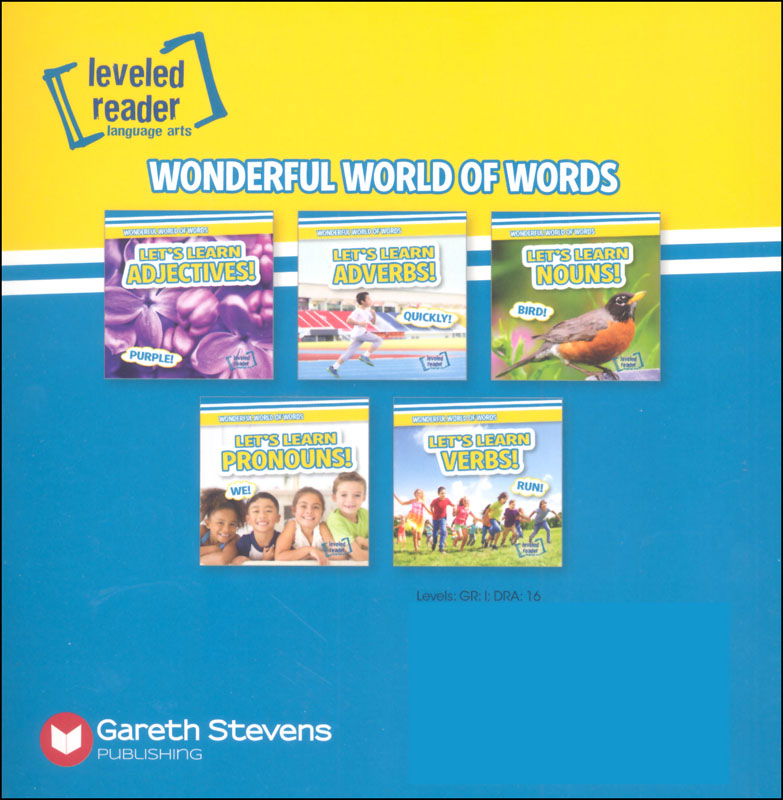The Fantastic World Of Nouns: A Complete Information With Examples
The Fantastic World of Nouns: A Complete Information with Examples
Associated Articles: The Fantastic World of Nouns: A Complete Information with Examples
Introduction
On this auspicious event, we’re delighted to delve into the intriguing matter associated to The Fantastic World of Nouns: A Complete Information with Examples. Let’s weave fascinating info and supply recent views to the readers.
Desk of Content material
The Fantastic World of Nouns: A Complete Information with Examples

Nouns, the elemental constructing blocks of sentences, characterize folks, locations, issues, and concepts. Understanding the several types of nouns is essential for efficient communication and writing. This text delves into the varied classes of nouns, offering clear explanations and quite a few examples to solidify your understanding. We’ll discover frequent noun sorts and delve into some extra nuanced classifications.
1. Widespread Nouns vs. Correct Nouns:
That is probably the most primary distinction. Widespread nouns seek advice from basic issues, whereas correct nouns seek advice from particular names.
-
Widespread Nouns: These are the generic names for folks, locations, issues, or concepts. They don’t seem to be capitalized except they start a sentence.
- Examples: cat, canine, metropolis, nation, happiness, unhappiness, trainer, scholar, automobile, e-book.
-
Correct Nouns: These are particular names and are at all times capitalized.
- Examples: Fluffy (cat), Rover (canine), Paris (metropolis), France (nation), Shakespeare (individual), "The Lord of the Rings" (e-book), Toyota Camry (automobile), Harvard College (establishment).
2. Concrete Nouns vs. Summary Nouns:
This classification focuses on whether or not the noun refers to one thing tangible or intangible.
-
Concrete Nouns: These nouns seek advice from issues that may be perceived by the senses – you may see, contact, scent, style, or hear them.
- Examples: desk, chair, flower, rain, music (sound), pizza (style), fragrance (scent), silk (texture), cat, canine.
-
Summary Nouns: These nouns seek advice from ideas, concepts, qualities, or emotions that can’t be perceived by the senses.
- Examples: love, happiness, justice, freedom, intelligence, magnificence, unhappiness, anger, braveness, democracy.
3. Countable Nouns vs. Uncountable Nouns (Mass Nouns):
This distinction revolves round whether or not the noun could be counted.
-
Countable Nouns: These nouns could be counted and have each singular and plural kinds.
- Examples: apple (apples), e-book (books), automobile (automobiles), scholar (college students), home (homes), tree (bushes), canine (canine), thought (concepts).
-
Uncountable Nouns (Mass Nouns): These nouns can’t be counted and usually shouldn’t have a plural type. They typically seek advice from substances, ideas, or qualities. They’re often used with singular verbs.
- Examples: water, air, sugar, rice, furnishings, info, recommendation, information, happiness, music, visitors.
4. Collective Nouns:
These nouns seek advice from a bunch of people or issues. They’re singular in type however characterize a plurality.
- Examples: staff, household, flock (of birds), herd (of cattle), crowd, committee, jury, military, class, bunch (of grapes).
5. Compound Nouns:
These nouns are fashioned by combining two or extra phrases. They are often written as one phrase, two phrases, or hyphenated.
-
Examples:
- One phrase: daylight, headache, toothbrush, pocket book, rainbow.
- Two phrases: eating room, front room, full moon, bank card, publish workplace.
- Hyphenated: mother-in-law, check-in, sister-in-law, ex-husband, shallowness.
6. Possessive Nouns:
These nouns present possession or possession. They’re fashioned by including an apostrophe and an ‘s’ (‘s) to singular nouns and often simply an apostrophe (‘s) to plural nouns ending in ‘s’. Irregular plural nouns (like kids) take an apostrophe and an ‘s’.
-
Examples:
- Singular: the canine’s bone, the cat’s toy, the scholar’s e-book.
- Plural: the canine’ bones, the cats’ toys, the scholars’ books.
- Irregular Plural: the kids’s toys.
7. Verbal Nouns (Gerunds):
These nouns are fashioned from verbs and finish in "-ing." They perform as nouns in a sentence.
- Examples: Swimming is my favourite train. Studying helps me loosen up. Operating is nice to your well being. Cooking is a artistic outlet.
8. Nominalizations:
These are nouns derived from different phrase lessons, typically verbs or adjectives.
-
Examples: Verb to Noun: to control (verb) → authorities (noun), to determine (verb) → resolution (noun), to use (verb) → utility (noun).
- Adjective to Noun: joyful (adjective) → happiness (noun), robust (adjective) → energy (noun), lovely (adjective) → magnificence (noun).
Chart Summarizing Noun Sorts with Examples:
| Noun Kind | Description | Examples |
|---|---|---|
| Widespread Noun | Basic title for folks, locations, issues, or concepts | cat, canine, metropolis, happiness, trainer, automobile, e-book |
| Correct Noun | Particular title; capitalized | Fluffy (cat), Paris, France, Shakespeare, "The Lord of the Rings" |
| Concrete Noun | Tangible; perceived by senses | desk, chair, flower, rain, music, pizza, fragrance, cat |
| Summary Noun | Intangible; idea, thought, feeling | love, happiness, justice, freedom, intelligence, magnificence |
| Countable Noun | Will be counted; has plural type | apple (apples), e-book (books), automobile (automobiles), scholar (college students) |
| Uncountable Noun | Can’t be counted; no plural type | water, air, sugar, furnishings, info, recommendation, information |
| Collective Noun | Group of people or issues | staff, household, flock, herd, crowd, committee, jury |
| Compound Noun | Two or extra phrases mixed | daylight, eating room, mother-in-law, check-in, full moon |
| Possessive Noun | Exhibits possession | the canine’s bone, the cats’ toys, the kids’s books |
| **Verbal Noun (Gerund) | Shaped from verb, ends in "-ing"; features as noun | Swimming, studying, operating, cooking |
| Nominalization | Noun derived from verb or adjective | authorities, resolution, happiness, energy, magnificence |
This complete information gives a stable basis for understanding the varied world of nouns. By recognizing the differing types and their nuances, you may improve your writing readability, precision, and total effectiveness. Keep in mind that some nouns can fall into a number of classes; as an illustration, "flock" is each a collective noun and a countable noun. Steady follow and a focus to element will solidify your grasp of those grammatical ideas.








Closure
Thus, we hope this text has supplied priceless insights into The Fantastic World of Nouns: A Complete Information with Examples. We hope you discover this text informative and helpful. See you in our subsequent article!